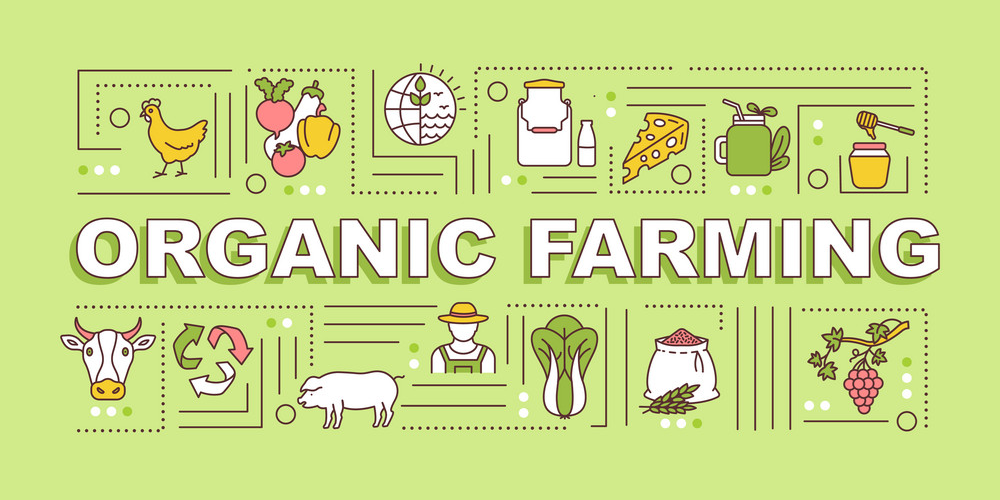Organic farming can be defined as an agricultural process that uses biological fertilisers and pest control acquired from animal or plant waste. Organic farming was actually initiated as an answer to the environmental sufferings caused by the use of chemical pesticides and synthetic fertilisers. In other words, organic farming is a new system of farming or agriculture that repairs, maintains, and improves the ecological balance.
Advantages of Organic Farming
Economical: In organic farming, no expensive fertilisers, pesticides, or HYV seeds are required for the plantation of crops. Therefore, there is no extra expense.
Good return on Investment: With the usage of cheaper and local inputs, a farmer can make a good return on investment.
High demand: There is a huge demand for organic products in India and across the globe, which generates more income through export.
Nutritional: As compared to chemical and fertiliser-utilised products, organic products are more nutritional, tasty, and good for health.
Environment-friendly: The farming of organic products is free of chemicals and fertilisers, so it does not harm the environment.
Disadvantages of Organic Farming
Incompetent: The major issue of organic farming is the lack of inadequate infrastructure and marketing of the product.
Less production: The products obtained through organic farming are less in the initial years as compared to that in chemical products. So, farmers find it difficult to accommodate large-scale production.
Shorter shelf life: Organic products have more flaws and a shorter shelf life than that of chemical products.
Limited production: Off-season crops are limited and have fewer options in organic farming.
Types of Organic Farming
Organic farming is divided into two types, namely:
- Integrated organic farming
- Pure organic farming
Pure organic farming means avoiding all unnatural chemicals. In this process of farming, all the fertilisers and pesticides are obtained from natural sources such as bone meal or blood meal.
Integrated organic farming includes the integration of pest management and nutrients management to achieve ecological requirements and demands.
